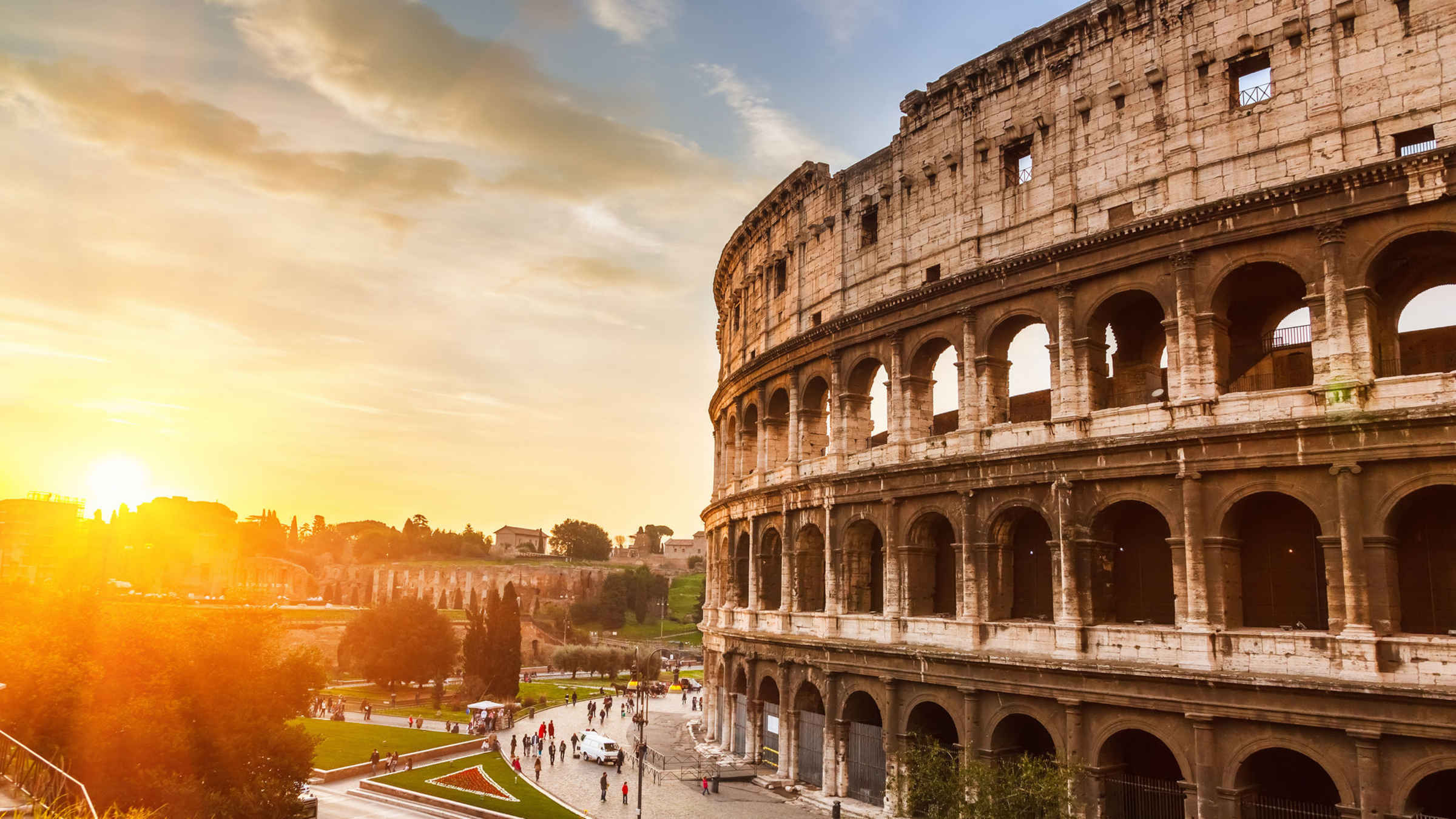Private Pompeii Tour and Archeological Museum of Naples
Overview
This tour unfolds in two parts: the first takes place at Pompeii where we will fully explore the excavated city in its entirety and, almost like phantoms we will sneak in and observe the lives of the inhabitants in the days just before the catastrophe. The second part of the tour will take place in the galleries of the Archeological Museum of Naples. The frescoes, statues, handcrafts, and jewels that had remained for centuries under the lava and then brought to light during the excavations were slowly collected and brought together to form the nucleus of Museum's collections. They have no equivalent in any other museum in the world. Mosaics such as the Battle of Alexander the Great, the Traveling Musicians, and the Academy of Plato are surprising to say the least, and we will engage with the stories they recount, the places where they were found, the political, social significance they had in the context of Roman culture.
What's Included
- Headsets (for groups of 6 or more)
- Skip-the-line tickets
- Private driver and round-trip transportation between Naples and Pompeii
- All Fees and Taxes
- Expert, English-speaking private guide
- Food and beverages
- Gratuities (optional)
Meeting and Pickup
Your driver will collect you from Naples at your accommodation, cruise port, or train station. Kindly let us know at what time you will be arriving and departing, including the train and cruise number.
What To Expect
Pompeii Archaeological Park
2 hours • Admission Ticket Included
Museo Archeologico Nazionale di Napoli
3 hours • Admission Ticket Included
Additional Info
- Confirmation is instant and will be received at time of booking
- Public transportation options are available nearby
- Suitable for all physical fitness levels
- Infants and small children can ride in a pram or stroller
- Specialized infant seats are available
- All visitors - children and infants included - must bring copies of passports/identification document on the day of any tour
- Please ensure you arrive 15 mins early and at the right meeting point, we cannot wait for late arrivals
Frequently Asked Questions
(6)Q: What is the cancellation policy for the Private Pompeii Tour and Archeological Museum of Naples?
Cancellation Policy
Still have questions?
We're here to help.
Activity code: C-31810P63
Additional Info
Similar Tours & Activities

Day trip to Pompeii with a private transfer from Naples to Matera
$478.75


Private Boat Tour from Sorrento, Capri or Positano
$544.59

Private Tour: Naples Sightseeing by Vintage Fiat 600
$256.00
Travelers Who Bought This Tour Also Bought

From Naples: Pompeii Entrance & Amalfi Coast Tour with Lunch
$127.67

Naples: Veiled Christ & Santa Chiara Cloister Small Group Tour
$46.10

Tasty Naples Street Food Tour of MustEat Gourmet Specialties and MustSee Sites
$48.88

Tramvia Napoli: Transfer to Positano + Amalfi (Daily Tour)
$70.93









